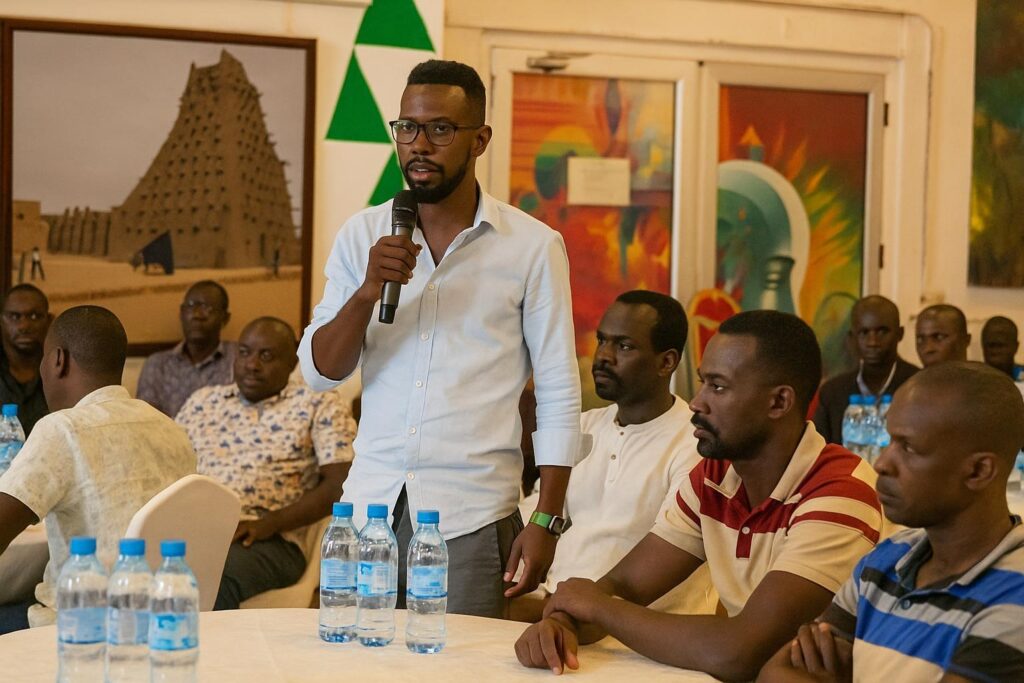A Decade of Inclusive Agribusiness
A vibrant crowd gathered at the University of Juba to mark the formal hand-over of 2SCALE, the Dutch-funded platform that has steered South Sudan’s agribusiness reforms for thirteen years.
According to country team leader Alana Sebit, more than fifty cooperative-minded SMEs and five hundred village women’s groups obtained tailored technical support, creating thousands of paid activities along cereal and legume chains.
Women at the Centre of Growth
Women’s collectives, once relegated to subsistence roles, now supply formal buyers in Juba and Wau, testimony to what Sebit calls “the multiplier effect of inclusion”.
The shift, participants said, spreads income across households and improves dietary diversity without relying on emergency food aid.
Public–Private Synergy
Embassy policy officer Duku Robinah highlighted local seed ventures that now dominate cereal supply, noting that private operators typically sustain services long after donor funds end.
Ministry representative Michael Roberto added that structured dialogue between government and firms will remain vital as the current phase continues through 2025.
Beyond the Closing Ceremony
Though the banners are folded, 2SCALE’s tools—market intelligence, extension links, and finance solutions—have been transferred to national coordinators for ongoing use.
Stakeholders agreed that South Sudan’s agricultural future now rests on scaling these models, a prospect aligned with continental visions for resilient, youth-friendly food systems.


